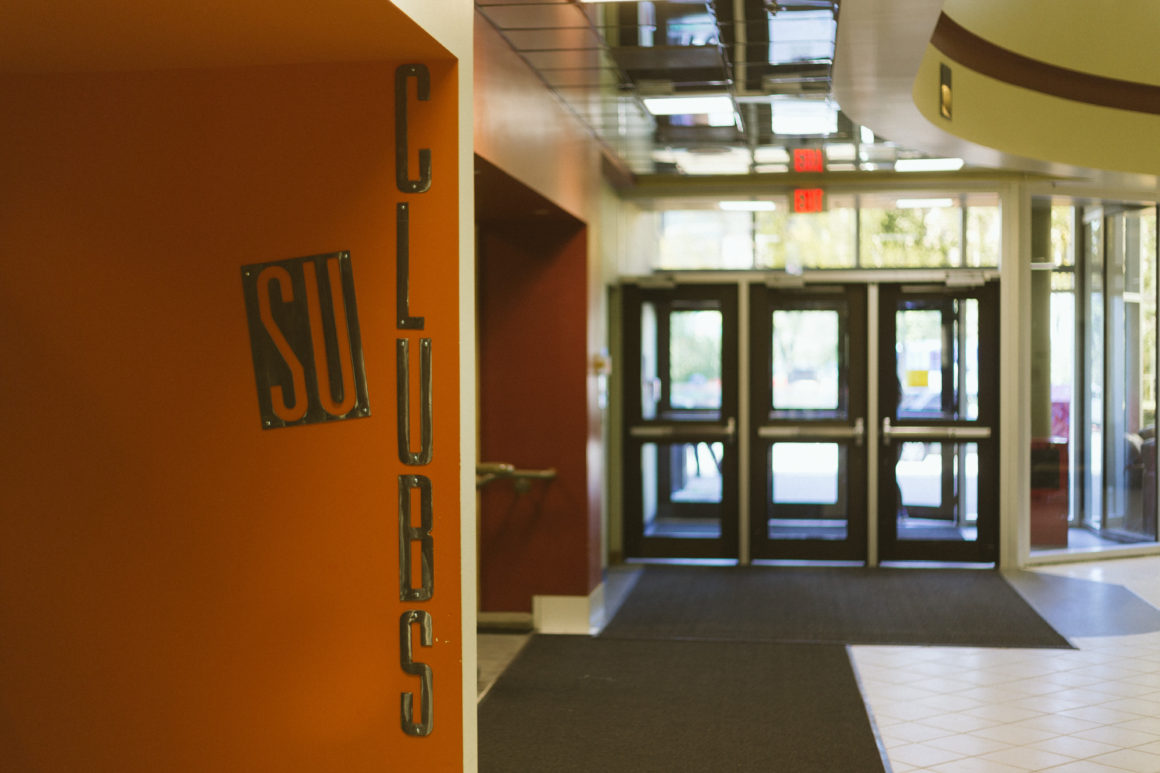
You’ll learn more in clubs than in the classroom
By Tina Shaygan, September 13 2016 —
You’ve probably heard a million times about how valuable it is to join clubs and participate in extracurricular activities in university.
Practically any advice that is ever given to new students comes down to “join clubs.” And next week, you’ll see armies of students in MacHall recruiting and promising you a never-ending list of benefits, courtesy of their organization.
I’m probably the most biased person to repeat this advice. I consider myself best pals with the Faculty of Arts dean’s office and have met my roommates, neighbours and best friends through getting involved with different things on campus. But hear out my fifth-year wisdom.
J. K. Rowling once said, “if you want to know what a man’s like, take a good look at how he treats his inferiors, not his equals.” And if you want to know what a student is like, take a look at how they treat their unpaid, soul-consuming leadership roles.
Don’t get me wrong, maintaining a high GPA is important. It’s what most graduate schools consider as the first factor in their admission process. Co-op and research opportunities ask for your transcript, and after all, we are here to get an education. But who you are with your student organization is who you are in life.
For most of us, an executive role in a club may be the last time we are fully in a position of leadership over a large group of people. It may be the last time we are able to make decisions over every small aspect of the operations of an organization. It may be the only time we run in an election of any kind.
Finding the right organization isn’t all smooth sailing. You will meet people with such big egos that you will legitimately wonder if they realize they’re not Beyoncé or that they’re not running the country. You’ll also meet people who are just there for the free pizza and resumé padding. Overall, it takes a while to find a group that works for you.
I found my club in my second year. I entered university with all of my high school friends, and by the end of first-year, I had made exactly zero new friends. There wasn’t anything wrong with my high school friends, but it wasn’t what I had imagined coming into university. I signed up for everything I could but eventually just handed out my resumé to a new club at an Arts Faculty town hall. Little did I know, I had found the one.
I spent the next three years around a few “we think we’re Beyoncé” and “I’m here to eventually run in an SU election” people, but I also found people that somehow care about the same insignificant details that I do. We watch the same shows and drink the same cheap wine and somehow everything worked out.
The people that you meet will keep you sane through the all-nighters and never ending chains of e-mails. There is an incomparable bond that forms from the sheer failures of running a student organization.
But all of that aside, running a student organization is a strange thing. You’re responsible only to your peers and even if you severely mess up, the consequence are far less serious than they would be in a real job. You’re usually not getting paid for your work and it generally consumes a big chunk of your time that you could otherwise spend studying. Sure, it looks great on your resumé to have taken a leadership role of some kind and it provides you with countless networking opportunities, but it is nothing that can’t be made up for through high enough grades and occasional volunteer roles. The ultimate benefits to you are more altruistic.
How you treat an organization that you have little actual responsibility to says a lot about you as a person and your integrity towards the role you’ve taken on.
When there are no supervisors holding you responsible, no restrictions placed on you by someone in a higher position and you are only commitmed to yourself and your peers, you realize the extent of your dedication and what it is that truly matters to you. When you’re the one in charge, you have the freedom to try different response to different situations. This freedom to explore isn’t something most of us will get to experience again in a job after graduation.
It is far easier to complete this exploration of how you handle tough situations before you enter the real world. It is also something not taught in our classes.
While the academics of university life can open up many opportunities, you still deserve to know your capabilities beyond completing papers, assignments and lab reports.
